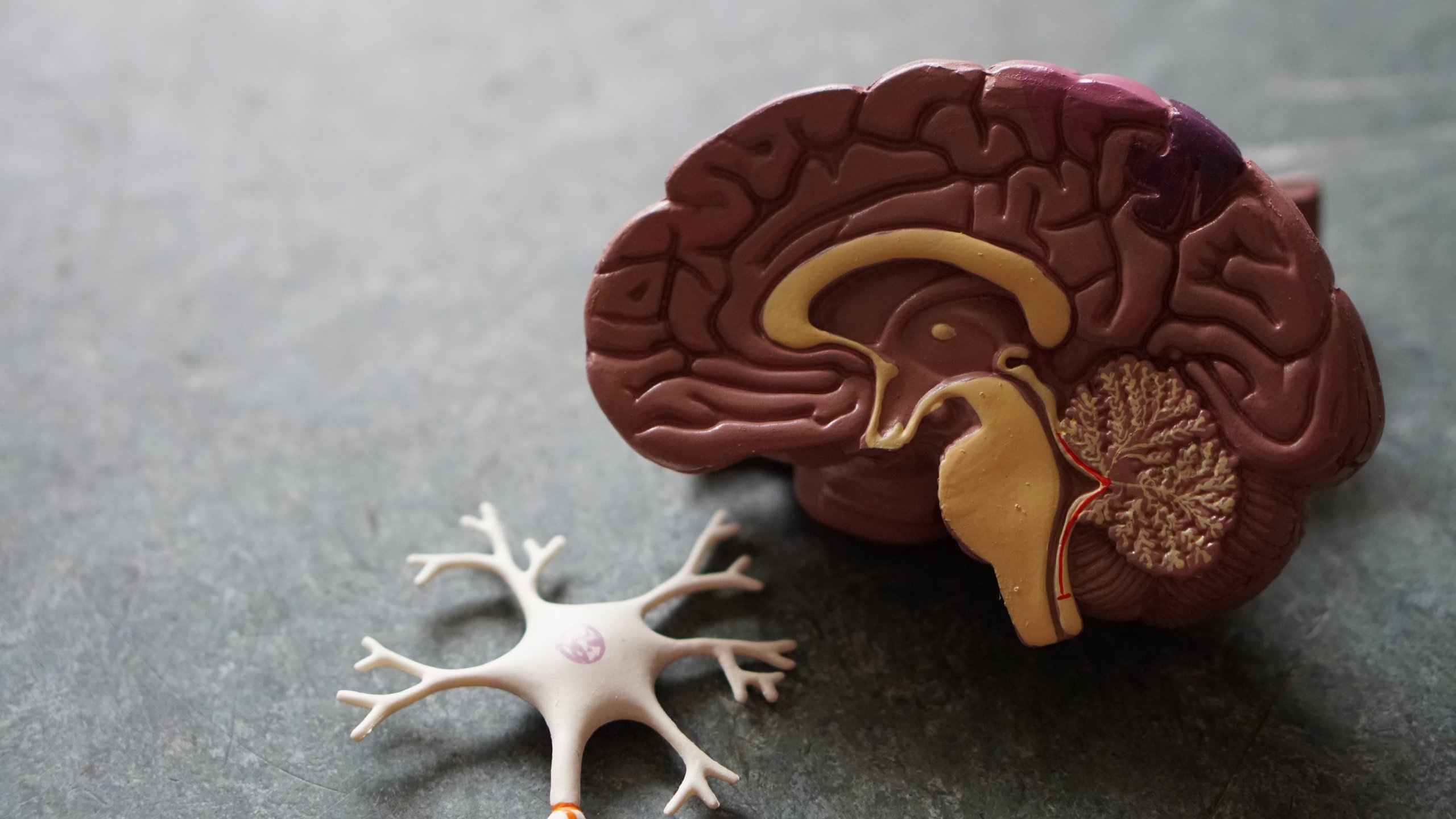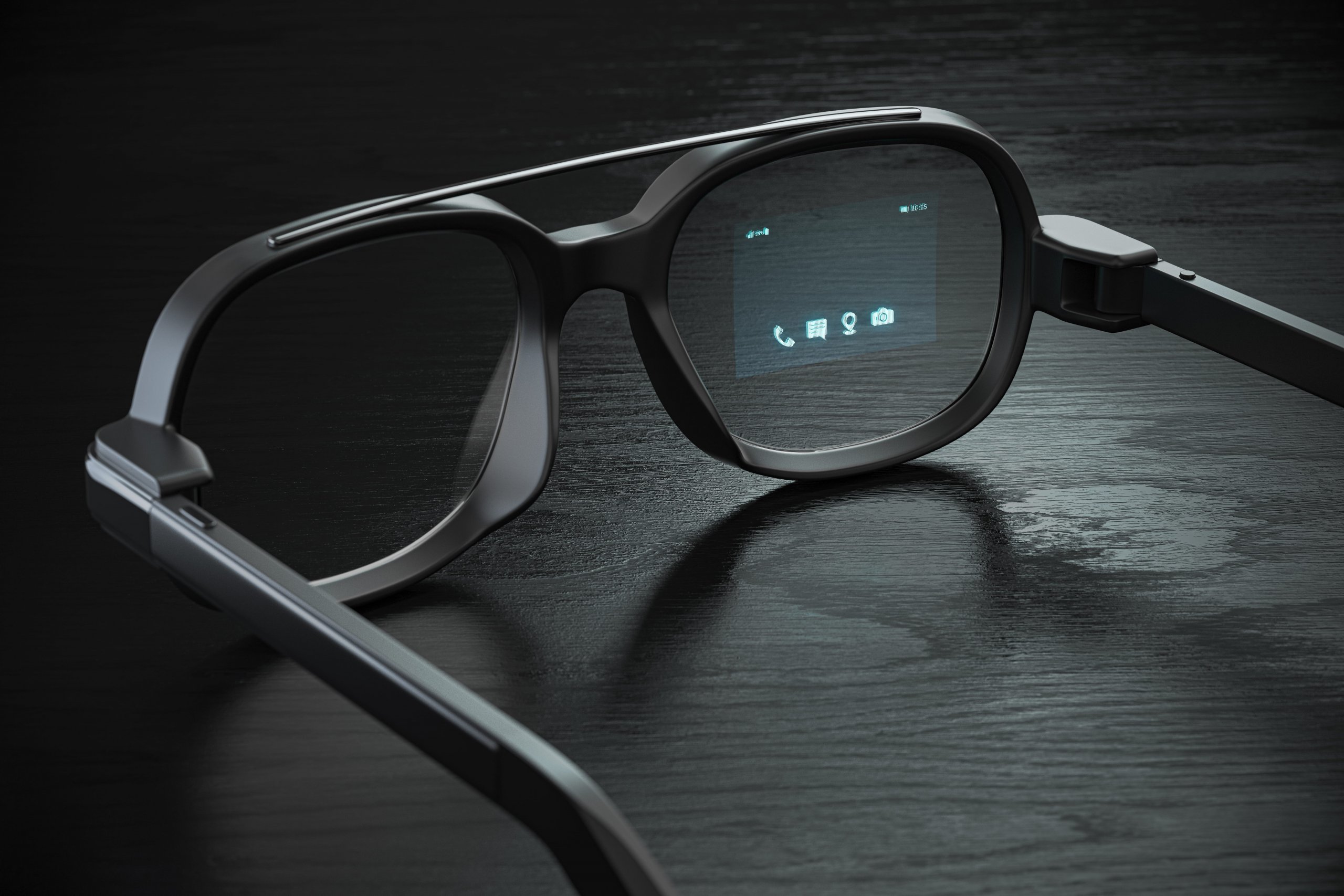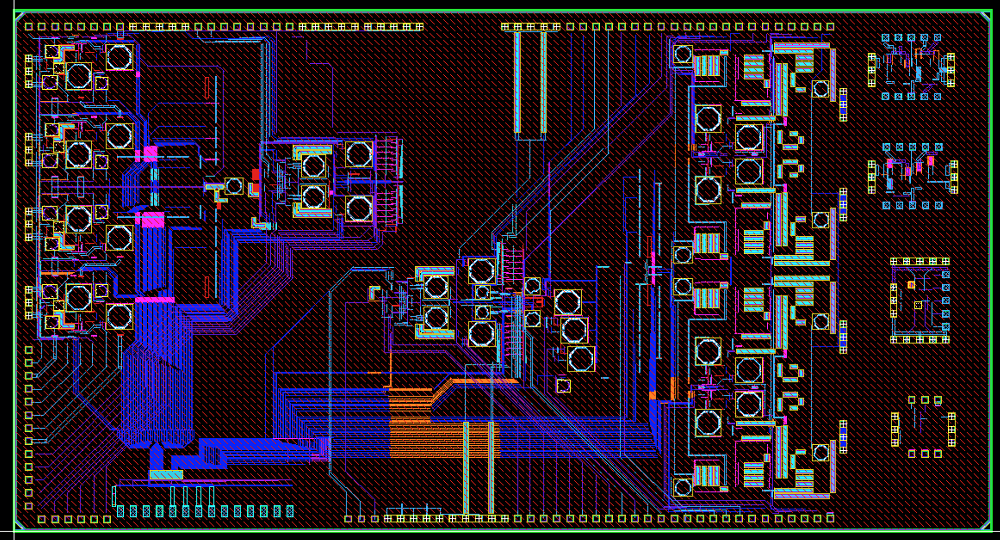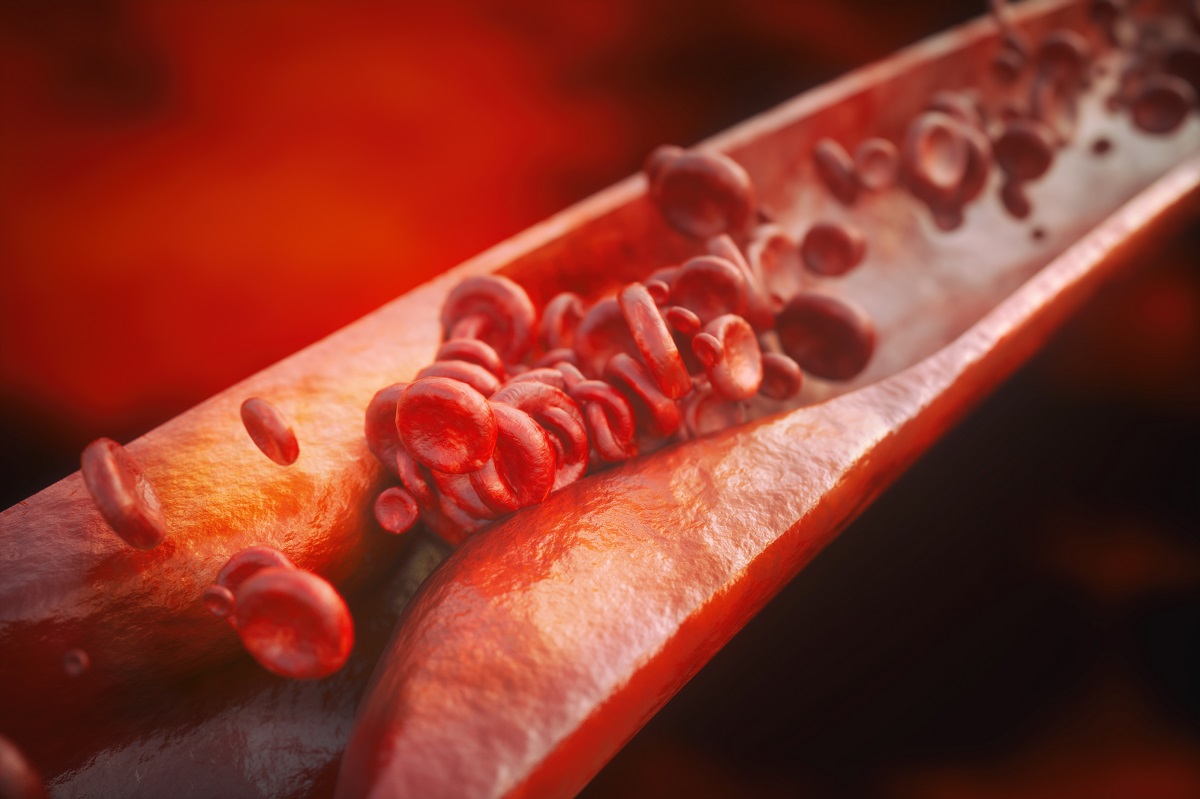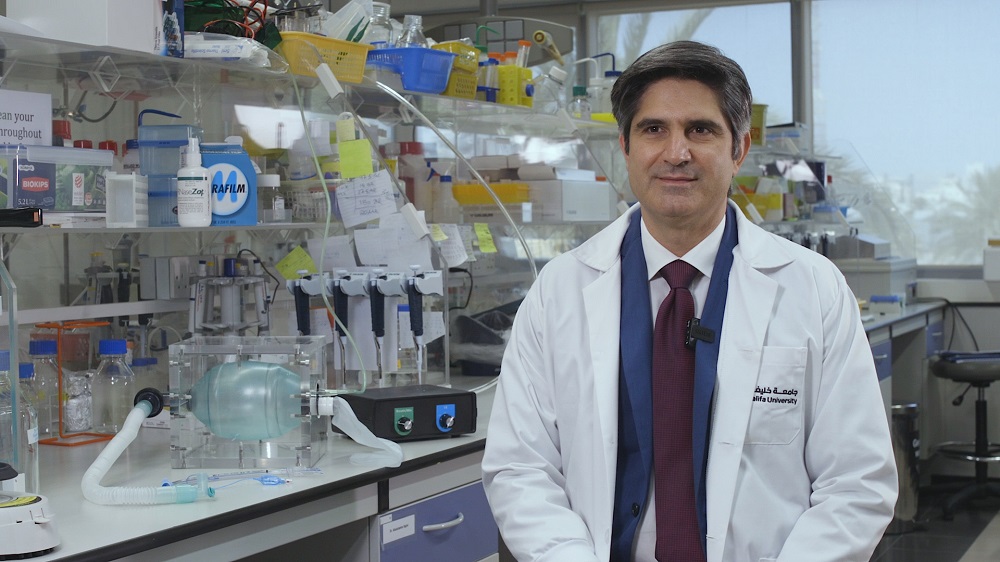
A multi-disciplinary team in the UAE has developed an affordable, simple, and easy-to-manufacture ventilator prototype. The prototype ventilators could serve as a stop-gap measure, giving doctors precious time until an advanced ventilator becomes available.
Researchers at Khalifa University’s Healthcare Engineering Innovation Group (HEIG) are stepping up to serve in the UAE’s project to develop emergency ventilators. The researchers have developed a working prototype and are now engineering the production plant to be able to produce the ventilators at scale to meet rising local and global demands.
The team, led by Dr. Cesare Stefanini, Professor of Biomedical Engineering and Director of HEIG, is working in response to the global need for increased ventilator manufacturing capacity due to Covid-19. Though Covid-19, the disease caused by the novel coronavirus, often begins as an upper respiratory tract infection with a cough and sore throat, it can enter the lower respiratory tract, where it damages the lung’s alveoli, flooding them with inflammatory cells and fluid. This makes it harder for oxygen to travel from the lungs to the bloodstream, reducing the oxygen available to the organs that depend on it.
Acute respiratory distress syndrome is the term for the rapid and extensive lung damage that occurs from a severe case of pneumonia. If a patient’s lungs are so compromised that they can’t get enough oxygen, a ventilator is used to provide more oxygen to the body.
According to the World Health Organization (WHO), around 80 percent of people with Covid-19 recover without needing hospital treatment, but one person in six becomes seriously ill and can develop pneumonia, which may require ventilator treatment. As the pandemic continues, thousands of ventilators are needed around the world, and developing them quickly has the potential to save lives.
“One of the consequences for the healthcare system is the potential shortage of ventilators,” explained Dr. Stefanini. “The number of intensive care beds and mechanical ventilators in hospitals is a fraction of what may be needed in the coming weeks as the situation develops worldwide.”
“Our plan needs to be very aggressive,” said Dr. Stefanini. “We aim to develop a working prototype in less than two weeks, alongside designing a mass production unit. We have all the theoretical and design expertise in our team especially in the prototyping phase.”
KU’s interdisciplinary team of engineers and experts are now working to establish the requirements for a production facility in Abu Dhabi. Thanks to the timely measures undertaken by the UAE government, a theoretical worse-case scenario is unlikely, but the establishment of a domestic production ability for emergency ventilators is a reasonable and well-motivated safety measure.
“Procuring new ventilators at the required scale represents quite the challenge,” explained Dr. Stefanini. “This is due not only to the required expenditure, but also due to massive demand on a global scale in a pandemic situation.”
Innovative designs and technologies are undergoing intense research to quickly produce ventilator parts, as well as masks and other essential equipment. The KU team is focusing on low-cost, rapid production using 3D printing and easily accessed materials. Within the next two weeks, the team aims to have the plan for the production plant finalized and the first units ready to go to support the UAE’s fight against Covid-19.
“Khalifa University is leading this project but it’s a collaborative effort from health services,” explained Dr. Stefanini. “We’re coordinating an effort with many governmental bodies and the country is pulling together to optimize efforts and save lives. We’re all reacting very quickly and tackling this crisis as one UAE team.”
This project is a manifestation of the UAE government’s clear and undeterred commitment to conservatively prepare for all possible scenarios to ensure healthcare for all its residents and citizens, says Professor Ashraf Alzaabi, Professor Ashraf Alzaabi, Head of the Respiratory Division at Zayed Military Hospital in Abu Dhabi, who tested the prototype.
“It would be great to see this multi-disciplinary effort between the healthcare, engineering, and manufacturing sectors become a seed for future biomedical enterprises in the UAE. This crisis has highlighted the critical importance of maintaining a high-degree of self-reliance for essential needs. It has also highlighted the capacity of our talented citizens and expatriate residents.”
Jade Sterling
News and Features Writer
6 April 2020


